Pressure Die Casting Services
High Precision Die Casting Metal Parts
Complex Geometry and Design Versatility
Aluminium, Zinc, Magnesium and Copper alloys
A Competitive Low Volume Production Solution
How does Pressure Die Casting work
Contact us for more information about our pressure die casting services
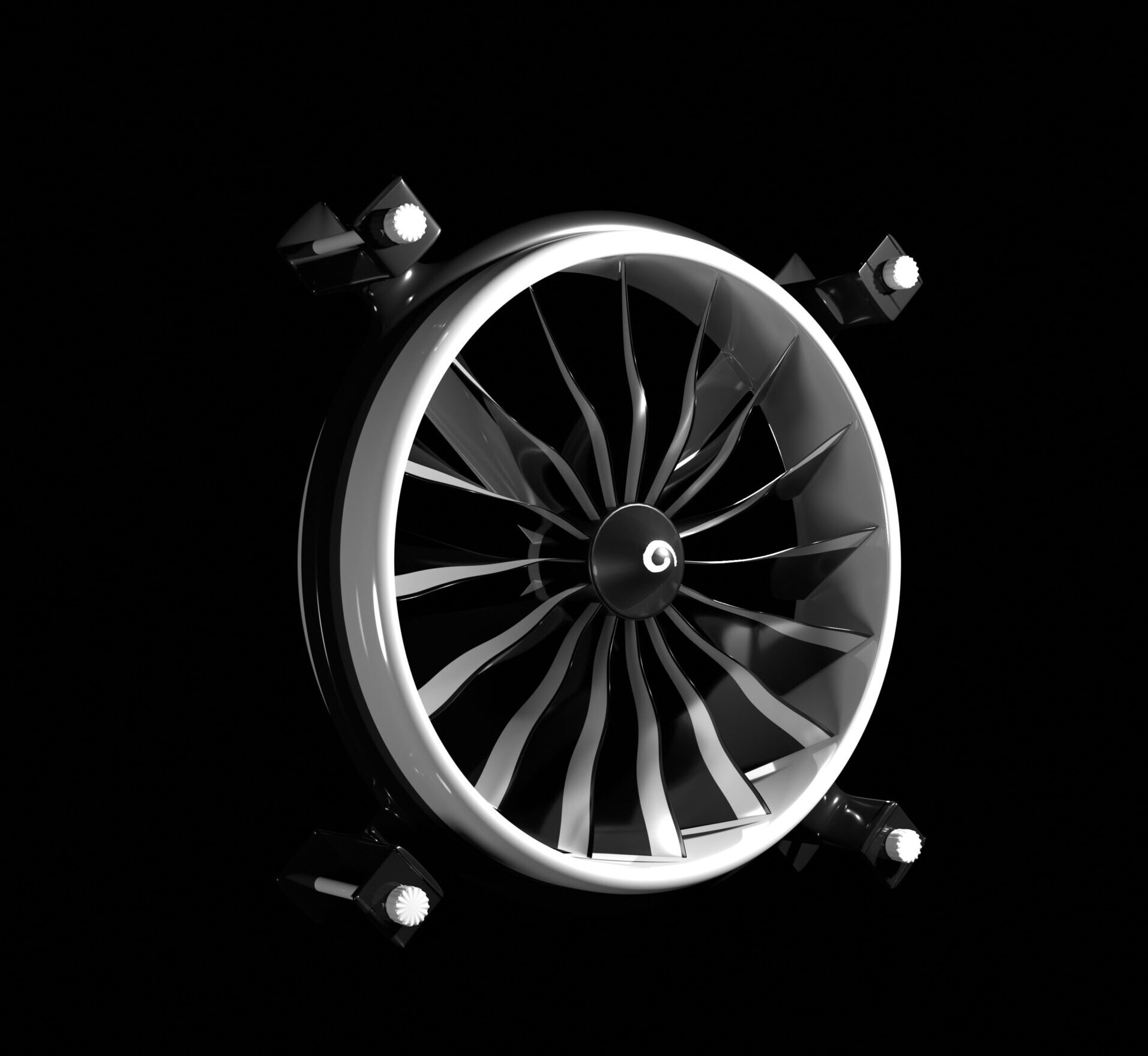
Pressure die casting, also known as die casting, is a technique used to produce complex-shaped parts made from non-ferrous metals such as aluminum, zinc, and magnesium. It involves injecting molten metal into a reusable steel mold, known as a die, at high pressure and speed. The die is specifically designed to shape the metal into the desired form, with intricate details and excellent surface finish.
At HordRT, we offer a range of core services in pressure die casting to meet our customers' diverse needs.
Die Casting Materials
Aluminum Die Casting
- A356.0
- A360.0
- A380.0
- A383.0 (ADC12)
- A413.0
Zinc Die Casting
Magnesium Die Casting
Magnesium is another material commonly used in die casting. It is most suitable for complex castings because of its high tolerance and enhanced corrosion resistance.
Further Reading: Die Casting in the Automotive Industry.
Available Die Casting Finishes
Die cast parts can be plated with electroless nickel, nickel, brass, tin, chrome, chromate, Teflon, silver and gold.
We can also customize the surface treatment according to your needs.
The Benefits of Pressure Die Casting
- Ability to produce high volumes of identical metal components, with high levels of accuracy
- Cost-effective solution for the mass production of castings
- Molten metal solidifies in a matter of seconds, or even milliseconds, for faster production
- Can produce thousands or even millions of components before needing to be replaced.
- Ideal for a wide range of applications
- Great for highly complex and precise components
- Suited to long production runs or where large volumes are needed
- Close dimensional control and good surface finish
- Castings with thin walls, and so lighter in weight
- Most pressure die casting can be discreetly electroplated without any further processing
Common Applications

Medical devices and Dental

Automotive

Aerospace

Electronics

Consumer Products

Energy
WHY CHOOSE US

INSTANT QUOTING
Timely reply and provide the quote within 24 hours

NO MOQ REQUIRED
Hord does not have minimum order quantity

HIGH QUALITY
ISO 9001 & IATF 16949 certificated and inspect every step

COST-EFFICIENT
+30% cost lower than western competitors

QUICK TUAROUND
Parts make in 7 days and delivery on time

DFM ANALYSIS
Once receiving the inquiry, we will provide you with a preliminary DFM report

PROFESSIONAL SERVICES
More than 20 years of rapid tooling making

GOOD RAPUTATION FROM CUSTOMERS
Customers are satisfied with our services, products quality and delivery time.
WHY CHOOSE US

INSTANT QUOTING
Timely reply and provide the quote within 24 hours

NO MOQ REQUIRED
Hord does not have minimum order quantity

HIGH QUALITY
ISO 9001 & IATF 16949 certificated and inspect every step

COST-EFFICIENT
+30% cost lower than western competitors

QUICK TUAROUND
Parts make in 7 days and delivery on time

DFM ANALYSIS
Once receiving the inquiry, we will provide you with a preliminary DFM report

PROFESSIONAL SERVICES
More than 11 years of rapid tooling making

GOOD RAPUTATION FROM CUSTOMERS
Customers are satisfied with our services, products quality and delivery time.
Pressure Die Casting FAQs

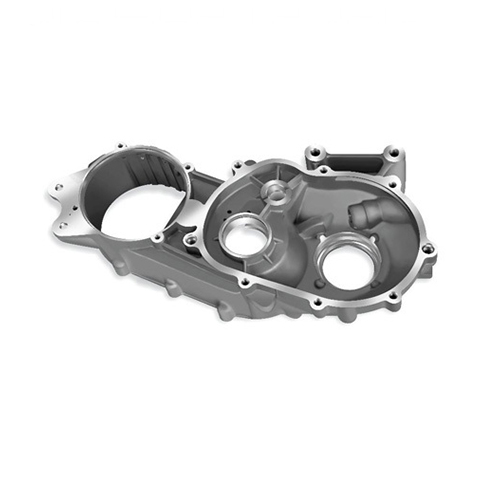
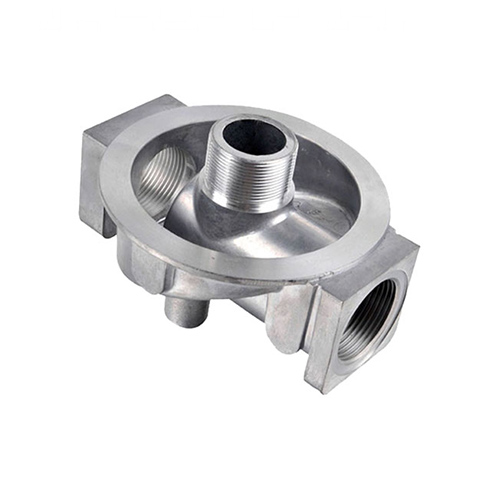
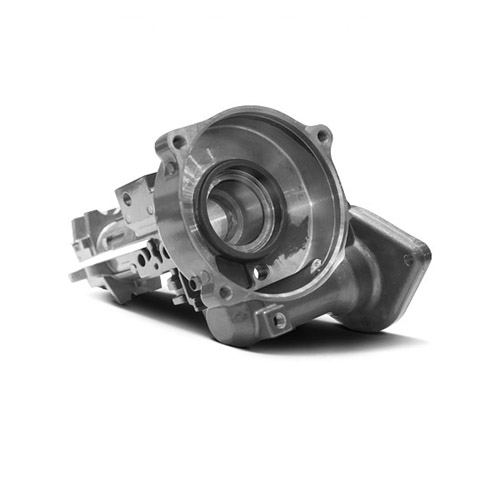
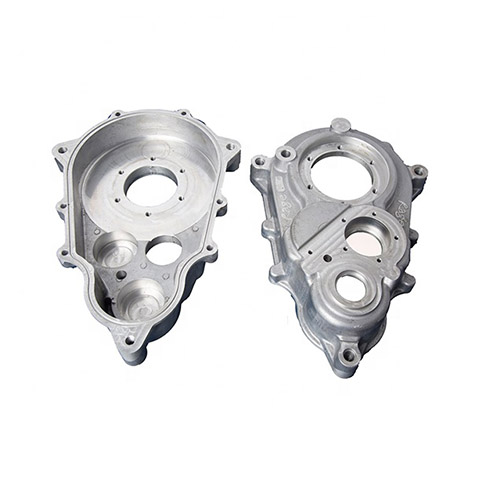
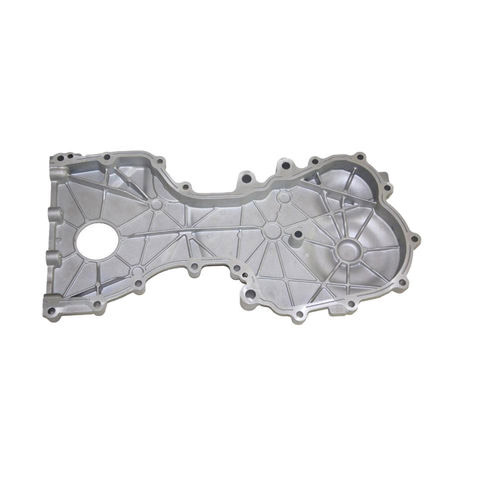
Let us help you provide high quality parts in short time. Get your project started now!
-q4gvl4k29y4hq8j9rjpapvj0ft06fje63olt7p210i.png)